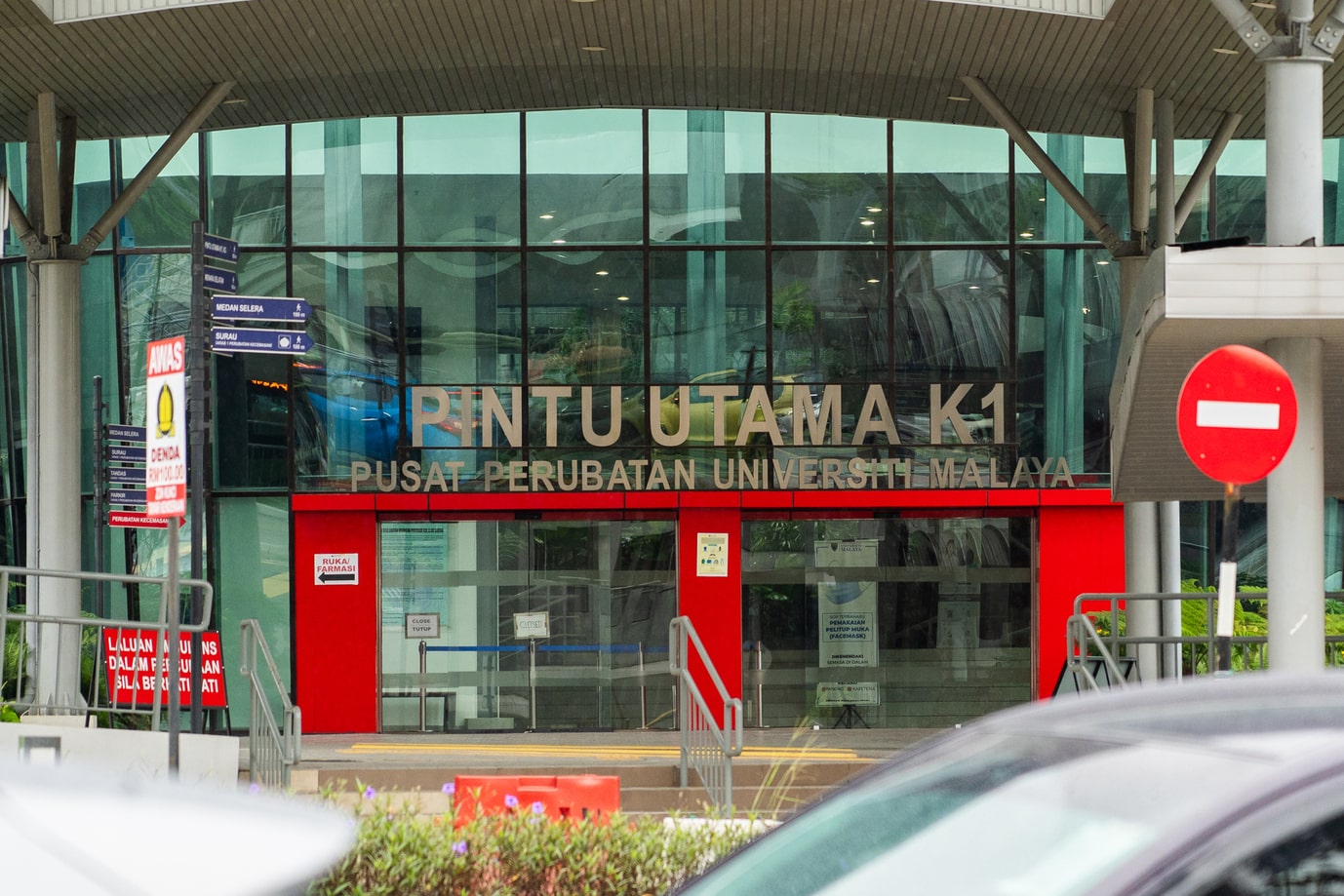The Malaysian Medical Association (MMA) is asking the Ministry of Health (MOH) to explain the reasons behind housemen shortages following reports on the issue by health news portal CodeBlue.
The news portal reported recently that a dire shortage of housemen is forcing the UMMC’s (Universiti Malaya Medical Centre) Department of Medicine to consider adopting a Zero HO (no housemen) Protocol.
Any shortages of housemen at health care facilities is concerning as it will have an impact on the delivery of public health care services. Over 70 per cent of the population depend on the public health care system for their health care needs.
It is perplexing to hear that there are housemen shortages, especially since between 3,000 to 5,000 medical graduates are being produced each year.
How many of these medical graduates have entered the health care system in the last three years, and how many have resigned? How many are not interested in clinical work?
An eHO portal was set-up for medical graduates to choose their preferred location for their placements but are all of them applying? Are medical graduates being too selective over where they wish to serve? The MMA hopes the MOH will shed light on this issue.
Also, ground sentiments have indicated that there were glitches in the eHO system. It is hoped that sufficient steps have been taken by the government to rectify the technical issues.
An explanation from the MOH leadership would help allay the many concerns expressed by colleagues and members of the public concerning the housemen shortages.
CodeBlue had reported that the UMMC’s Medicine Department is cutting certain services and collecting reported cases of suboptimal care or “near misses” resulting from manpower shortage.
The cutting of services is a concern to be addressed, as UMMC is the main public hospital serving the people of Petaling Jaya – a major city in Selangor.
There are also concerns that the workload of medical officers (MOs) at UMMC will significantly increase if there is a Zero HO protocol. We fear this may potentially lead to further burnout, and over time, resignations among MOs frustrated with the system.
UMMC is a health care facility under the Ministry of Higher Education (MOHE), therefore it is hoped that both the MOH and MOHE will work together towards a more sustainable solution concerning the placements of housemen, housemanship training, and the facility’s manpower issues.
These issues have highlighted yet again the urgent need for detailed, long-term planning of health care human resources and digitalisation of the public health care system for data-driven and informed decisions.
We also hope this issue will not extend to the Ministry of Defence (MOD) health care facilities.
With detailed monitoring of real-time data on the public health care workforce, we believe these gaps in the distribution of health care workers seen nationwide can be efficiently and effectively addressed.
The MMA remains committed to working with the government to ensure the sustainability, efficiency and effectiveness of our health care system.
Dr Azizan Abdul Aziz is the president of the Malaysian Medical Association.
- This is the personal opinion of the writer or publication and does not necessarily represent the views of CodeBlue.





